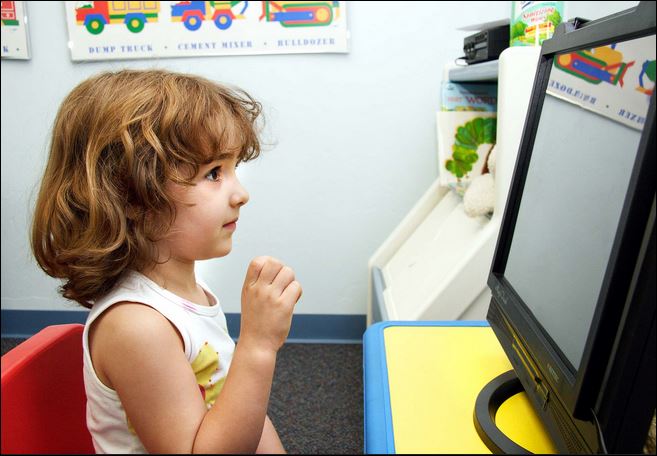
By Dexter Patterson, {grow} Community Member
Last week my 15-year-old daughter deleted a comment I made on her Instagram page about her new hairstyle. She told me that when I comment on her Instagram photos, it makes her look stupid in front of her friends.
I can’t lie, I was hurt … and maybe a little shocked because we have a great relationship. It’s not like my comment was negative. Immediately, my fatherly red flags went up and I went into investigator mode, paying even closer attention to what was happening in her world on social media.
I was irritated by the situation, and I posted these frustrations on Facebook. Needless to say, I wasn’t the only one that felt like social media was corrupting relationships with our kids.
According to Microsoft researcher danah boyd, the author of It’s Complicated: The Social Lives of Networked Teens
Social media and parenting
According to Pew Research, the three most popular social media platforms for kids ages 13 to 17 are Facebook, Instagram and Snapchat. Facebook is still number one, but kids are spending less time on Facebook because it’s not cool to hang out with Mom, Dad and Grandma online. For this reason, more teens are gravitating to social media platforms that adults don’t occupy as much, such as Snapchat.
I have quickly learned that social media is a dividing line between parents and teens. Not only is social media central to their self-image, it is a cauldron of code words and secret lingo that most of us can’t understand. I understand that my daughter needs her space online. When I commented on her Instagram photo, I was only trying to connect with her on her level. I had no idea I had violated a community norm among her peer group. I had unwittingly become the hater of the day on Instagram.
Growing up in public
I love social media technology, and I think it’s great that kids have access to endless amounts of information and culture. I also realize that social media is the new normal and not just some fad our kids will outgrow anytime soon. We are witnessing a digital revolution of the childhood experience of historic proportions. The rules are changing in the digital space, and now the messy act of growing up is a public activity that is up for peer approval. Everyone is watching.
This obsession to accumulate more “Likes” is adding so much pressure to our kids. According to the Today/AOL Ideal to Real Body Image Survey, 58 percent of teen girls and 34 percent of teen boys say social media makes them feel more self-conscious about their appearance. Nearly 60 percent of teen girls say seeing pictures of other people living glamorous looking lives on social media makes them feel bad about themselves. Combine that with the peer pressure they already receive from their classmates, and social media quickly becomes a very vulnerable place for our children.
Are you aware of what your kids are posting? Scrolling through Facebook, Instagram and Snapchat is an eye-opening venture because you’ll see multiple kids posting suggestive photos of their bodies online. Young kids are filming fights and recording self-mutilation videos—and let’s not get started with the horrific nature of the cyberbullying. All this is being done for more Likes and the wrong kind of attention.
Everything moves so fast in the 24-hour news cycle, and that often blinds us all to recognizing the importance of the future. The same is true for our teens on social media. When they record that new Snapchat video or post that new photo on Instagram, many of them aren’t thinking about their future and the permanent digital shadow they’re creating. I’m worried that my daughter has to grow up and at such a tender age learn to fend off sexual predators, bullies, hackers, and criminals looking to take advantage of their mistakes.
It makes me sad that this is part of growing up today, whether they are ready or not. It’s hard to be a kid today and it’s hard on me as a parent, too.
Illustration courtesy of Flickr CC and reynermedia